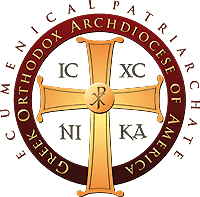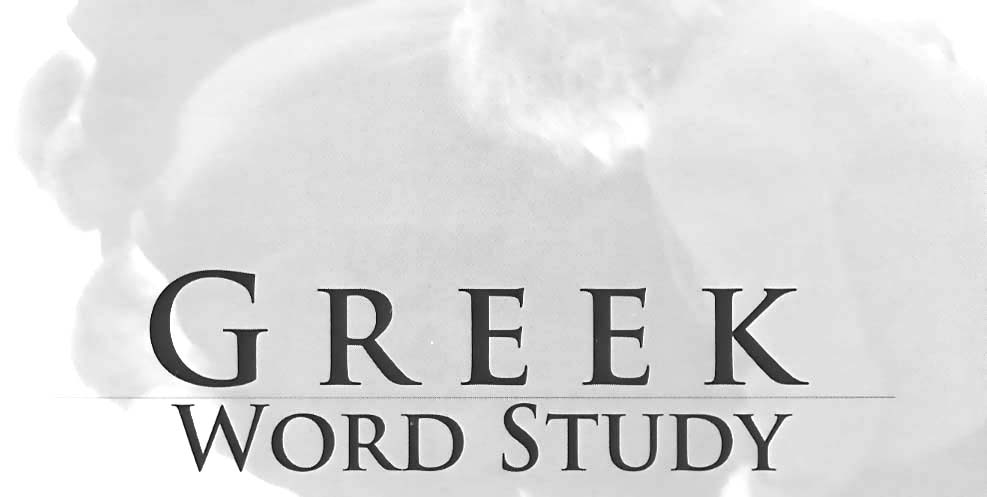 |
|
|
PRAXIS |
|
 |
 |
"Faith is to believe what we do not see, and the this faith is to see what we believe. " --St. Augustine In this issue we will continue our study of Greek words with the word "pistevo." |
|
|
|
|
It would seem probable from such textual emphasis that faith would be one of the best-understood Christian concepts. If any word readily could be defined and explained, faith would seem to be that word. However, such is not true. We must not assume that we understand a Bible verse unless we know the meaning or meanings of the words in the verse, and understand those words in their contextual definitions. |
|
|
If any typical Bible class was asked, "What is faith?" A predictable response would be that faith is belief. When asked what belief is, the response would be, that belief is faith. Since neither word is defined from another source, the result is a non-definition. The Greek word, which is translated as faith, is pistis (noun) and believe, is translated from pistevo (verb). The word believe (Greek verb "pistevo"), according to Strong's Greek Dictionary, means: to have faith (in, upon, or with respect to, a person or thing), i.e. credit; by implication, to entrust, (especially one's spiritual well-being to Christ.) believe, commit, (to trust), put in trust with. "Pistevo" comes from the Greek noun "pistis" "For God so greatly loved the world that He gave up His only begotten Son, so that whoever believes in (trusts in, clings to, relies on) Him shall not perish but have eternal life" (John 3:16). Pistevo is a good example where a word for word translation that does not do justice to the true meaning of passages in the Bible. What is normally conveyed by this rich language gets lost, and without careful study, the word of God becomes simplified. |
|
|
Irene Alexandrou lives in Boca Raton, Florida where she serves as president of the Hellenic Society Paideia of South Florida. She also teaches Modern Greek at Florida Atlantic University, and directs and teaches at the afternoon Greek Sc,hool of her parish, St. Mark. |
|
(Posting date 7 November 2006) HCS maintains an extensive, permanent archives including an entire section on religious news and announcements from the Archdiocese: http://www.helleniccomserve.com/archivearchdiocese.html . For more information about the Department of Religious Education or the Greek Orthodox Archdiocese of America, visit the website of the Archdiocese at http://www.goarch.org or contact the offices located at 8 East 79th Street, New York, NY 10021; (phone) 212-570-3500; (fax) 212-370-3569. The Archdiocese falls under the ecclesiastical jursdiction of the Ecumenical Patriarchate of the Orthdox Church at Constantinople: http://www.patriarchate.org. |
|
|
|
|
2000 © Hellenic Communication Service, L.L.C. All Rights Reserved. http://www.HellenicComServe.com |
|
